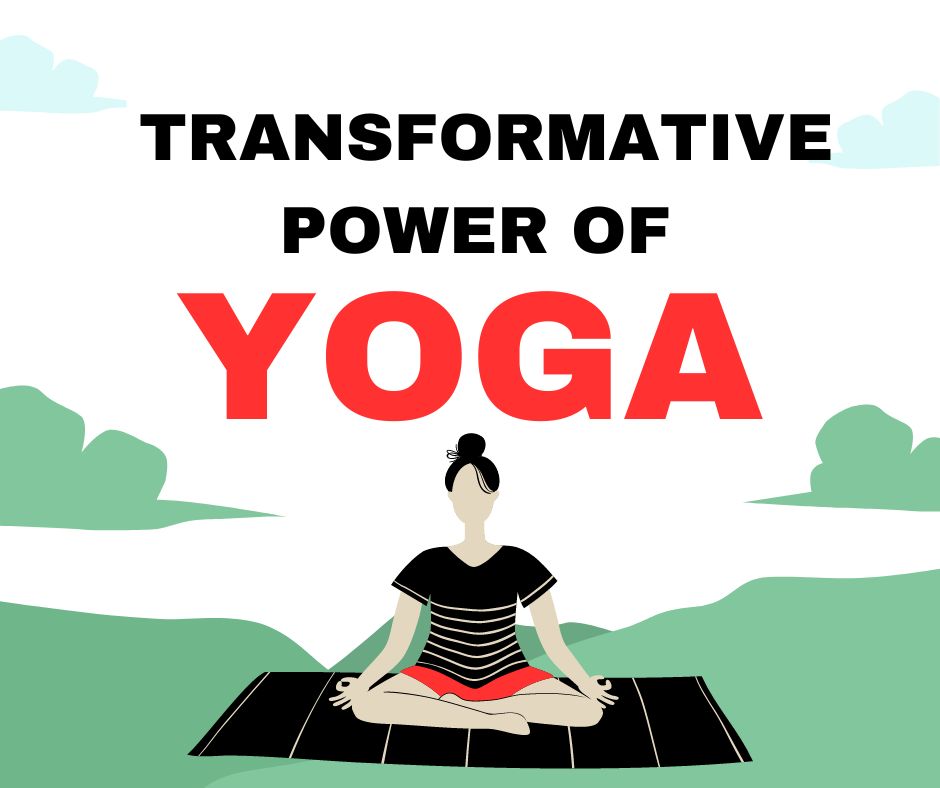In a fast-paced world where stress and anxiety have become commonplace, people are seeking holistic ways to achieve balance and well-being. Yoga, an ancient practice that originated in India, has gained immense popularity as a source of physical, mental, and spiritual rejuvenation. Beyond being just physical exercise, yoga offers a myriad of benefits that extend to various aspects of our lives.
Stress Relief and Relaxation:
Yoga is renowned for its ability to reduce stress and induce relaxation. The combination of deep breathing, gentle movement, and mindfulness helps to calm the nervous system, lowering cortisol levels and promoting a sense of tranquility. Regular yoga practice can provide a much-needed respite from the demands of modern life.
Improved Flexibility and Strength:
The asanas, or yoga poses, are designed to gently stretch and strengthen muscles. Over time, regular practice can lead to increased flexibility and improved muscle tone. Unlike rigorous workouts, yoga’s approach to building strength is gentle and gradual, reducing the risk of injury.
Enhanced Posture and Body Awareness:
Yoga encourages body awareness and mindful movement. Practitioners become more attuned to their posture, alignment, and how their bodies move through space. This heightened awareness translates to improved posture and reduced strain on the spine, resulting in decreased discomfort and potential injuries.
Mental Clarity and Focus:
The meditation and mindfulness aspects of yoga train the mind to be present and focused. This can improve cognitive function, enhance memory, and increase productivity. Moreover, regular mindfulness practice can aid in managing racing thoughts and cultivating a calm, clear mental state.
Better Sleep Quality:
Individuals struggling with insomnia or poor sleep patterns may find relief through yoga. The relaxation techniques practiced in yoga help to quiet the mind and prepare the body for restful sleep. Incorporating yoga into a nighttime routine can contribute to better sleep quality and overall well-being.
Emotional Balance:
Yoga encourages self-awareness and introspection. Through breath work and meditation, practitioners can better understand their emotions and develop strategies to manage them effectively. This emotional resilience fosters a sense of balance and equanimity, even in challenging situations.
Cardiovascular Health:
Certain styles of yoga, such as Vinyasa or Power Yoga, incorporate dynamic movements that elevate the heart rate. Regular practice can improve cardiovascular health by enhancing circulation, lowering blood pressure, and increasing overall heart health.
Inner Peace and Spiritual Growth:
For many, yoga is a spiritual journey that goes beyond the physical realm. It can provide a sense of connection to a higher power or the universe, fostering inner peace and a deeper understanding of oneself. Yoga’s philosophical teachings encourage self-reflection and personal growth.
Yoga for Peace and Harmony
Share it moreThe word yoga means union. Yoga is a...
Read More



